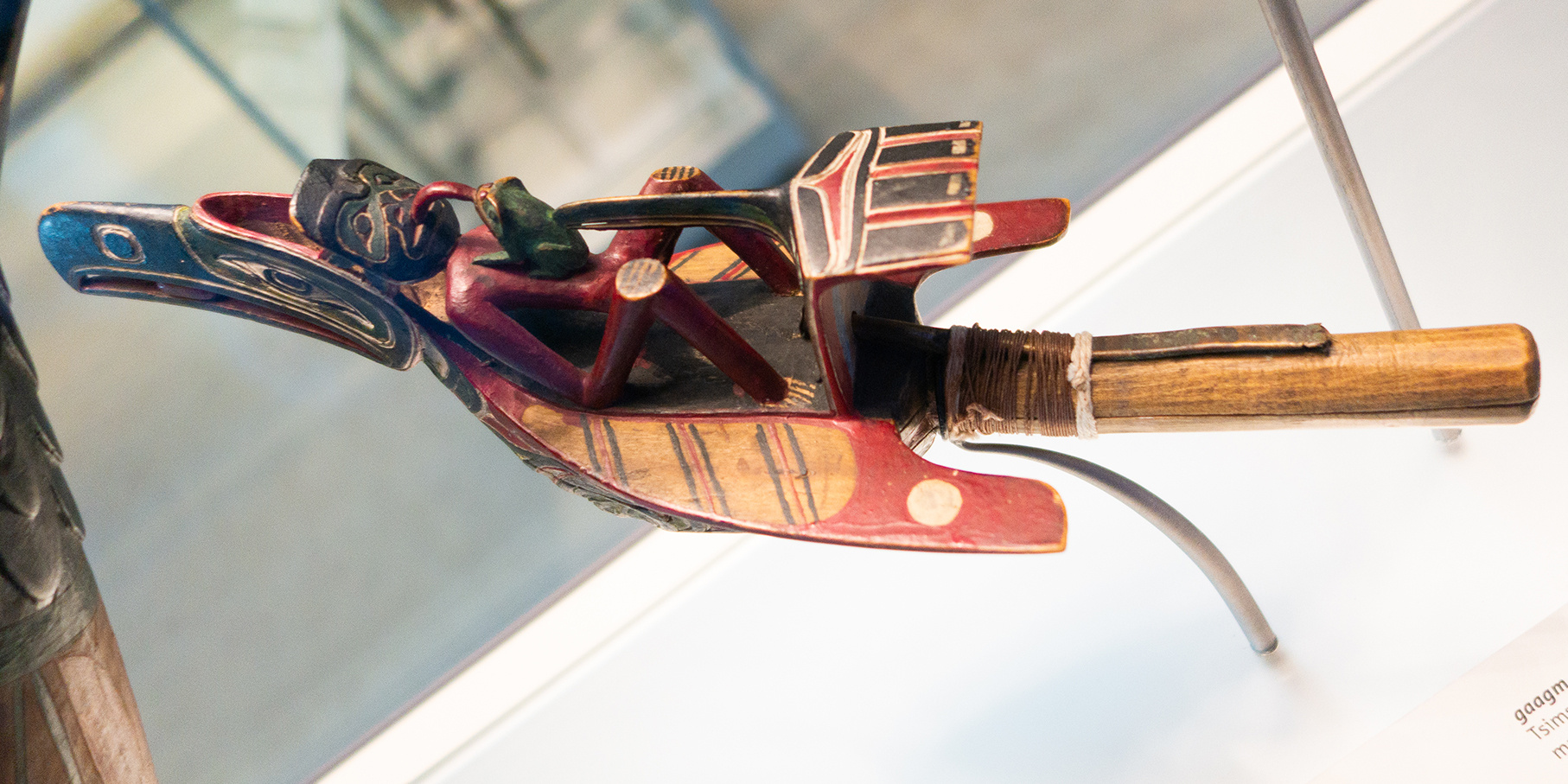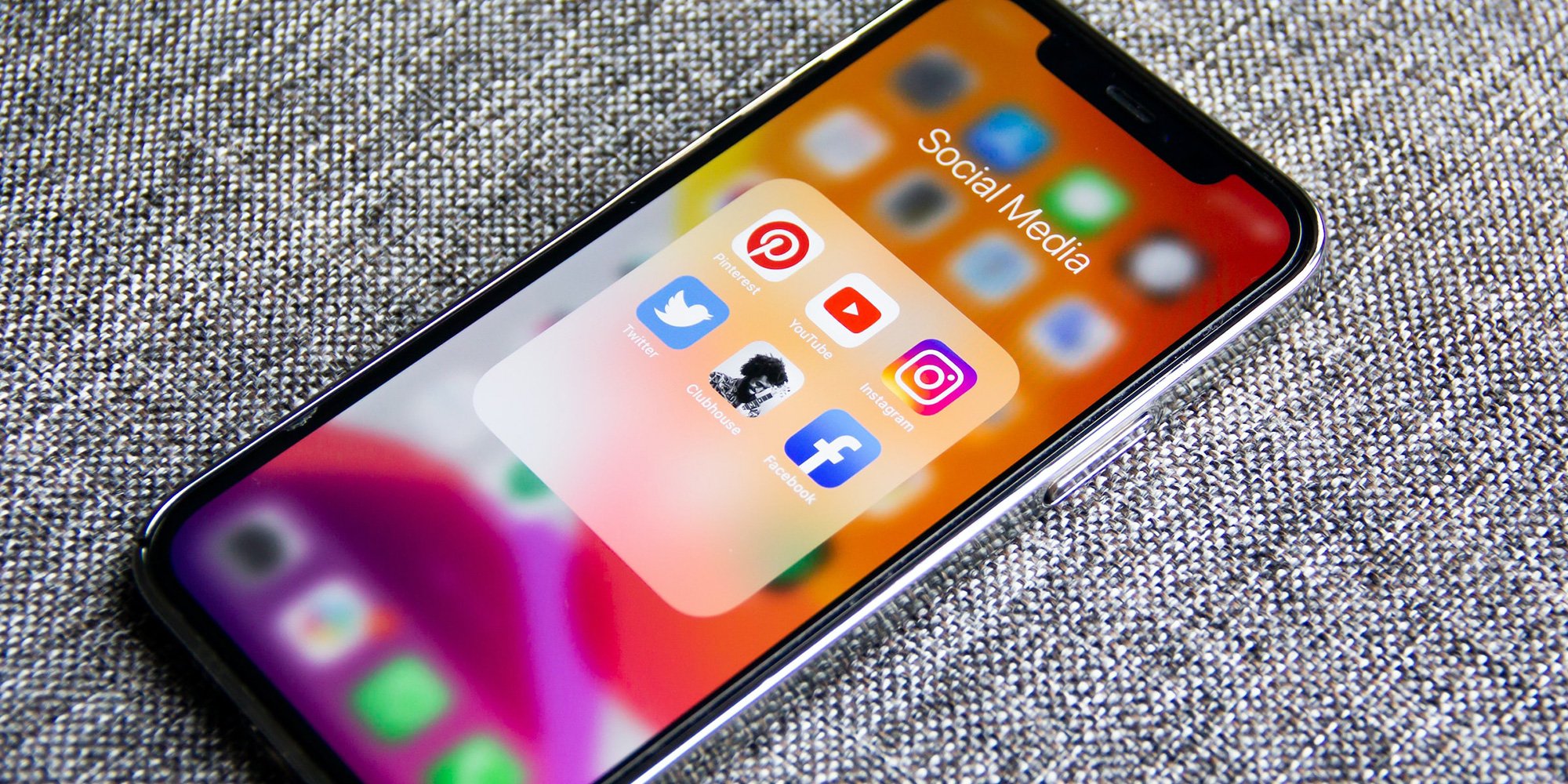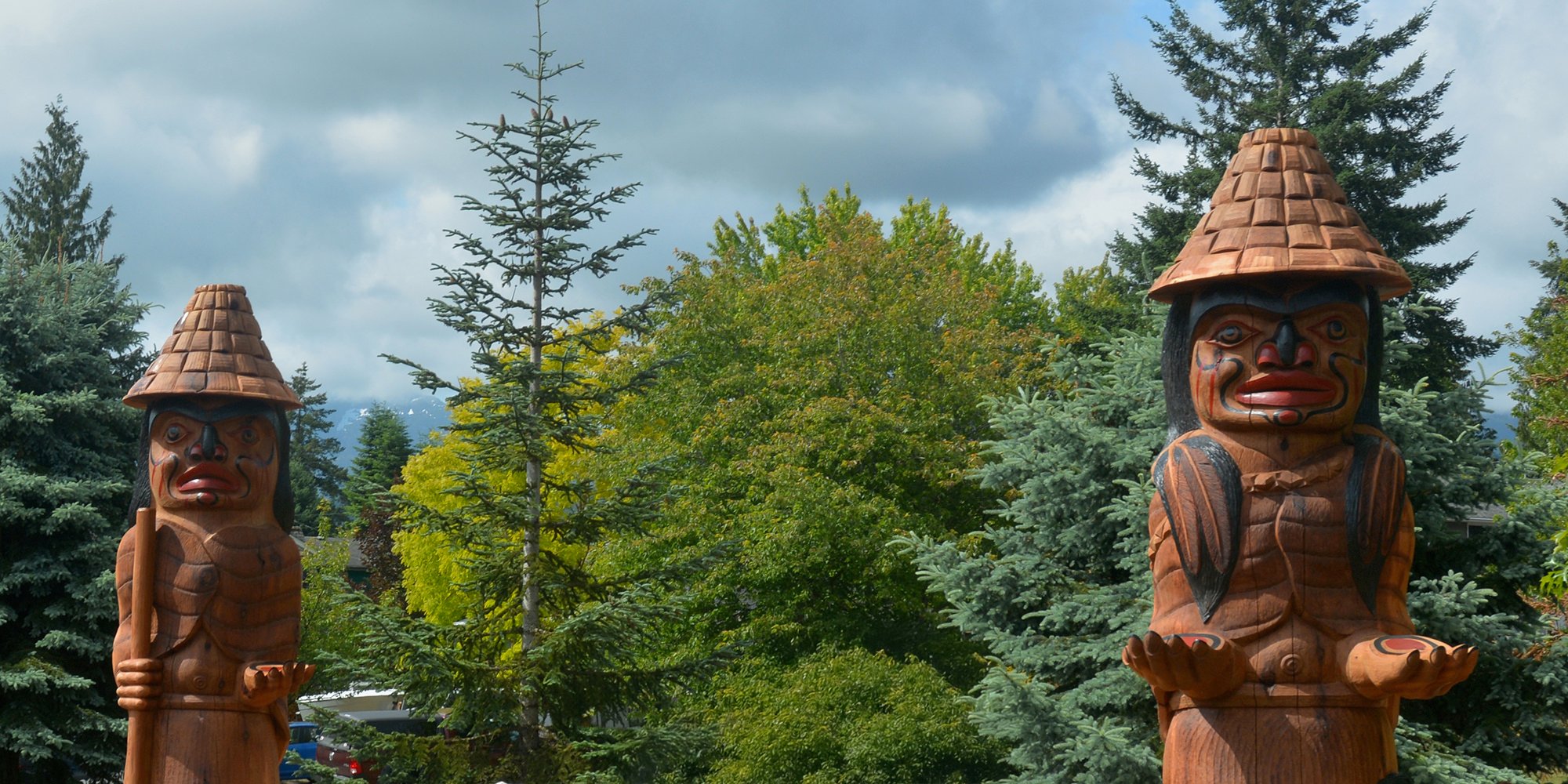3 'R's of an Effective Indigenous Pre-Engagement Strategy
The foundation of meaningful engagement with an Indigenous community is trust. Earning that trust will take time, consistency, and transparency. The...

For many non-Aboriginal businesspeople looking to explore opportunities with Aboriginal companies, outwardly, it can look like business as usual. However, it is not.
My view is that it is “a company doing business with a culture”. In Asian cultures it is referred to as the “forty cups of tea” in that before any business is conducted, we will have tea and learn about each other. The emotional attachment to the work at hand, and the trust we need to create with those First Nations we wish to work with inside and out of the company, is necessary to foster a broader understanding of each other’s situation. For most companies, the pressure to get results by meeting deadlines and budget constraints means the time necessary to establish mutually beneficial relationships is limited.
The negotiations manager of my company asked that I meet with the band manager of the community to discuss the resolution of two long-standing issues and to see if they wanted to develop a fuel depot that our company and their community could utilize.
The initial meeting was memorable for me. I met with two community councillors and the band manager. For the entire meeting, the band manager proceeded to, literally, pound the table with demands, some dating back to the project development days of the 1950's. To make a long story short, I sat there for 2 1/2 hours just listening thinking I could only be a messenger to convey the demands to my company.
Back at the office, I advised the senior negotiations manager that there was nothing I could do as the issues were for past grievances rather than for the assigned tasks.
Two weeks later the negotiations manager asked me to meet with the community’s Chief at their offices. When I asked the manager what the meeting was about, he replied, "They want to continue the discussion”. Arriving at their offices I was directed to a large meeting room where I sat solitary for 35 minutes. Then, in came the Chief and twelve others who positioned themselves across the table from me. The Chief introduced himself and proceeded to relate the 60-year history of their relationship with our company and its predecessors. It was not an enviable or equitable relationship. I was captivated by the story and emotionally caught up in their plight. I understood how it could happen.
I asked if they wanted me involved and to work with them. I went on to explain that if they did not want me involved, I could not help. In addition, I had to have the willingness of my company to provide me with the latitude and authority to work with their community toward opportunities for solutions. The room went quiet. I do not believe the community ever had a choice of a person they would deal with.
My response was one of respect for their sharing the story but also with a "company" understanding. I believe to this day that my approach to the group presented the opportunity for me to work with the people of that community and, importantly, to learn.
They accepted, as did my company!
After many months of learning, sharing ideas, and discussion, we arrived at an equitable agreement. In the Chief's words, many months later, he stated “This was the first time our people had reached a joint agreement with the company.”
Another aspect of the relationship is working together to assist in good decisions being made. They may not be popular ones but they should be right. A question that needs to be asked is - irrespective of the outcome, does the relationship remain open and intact?
In general, the initial focus should be broadening the understanding rather than just reaching an agreement.
By Bryan Bodell, Bodell Consulting
Bryan Bodell's career spanned 35 years in the utility business with managerial responsibilities in corporate communications, customer service and Aboriginal relations. Bodell Consulting was formed in 2003 and provides services to a number of utility companies. Bryan excels at creating, enhancing and sustaining mutually beneficial relationships between First Nations and non-First Nations groups by broadening understanding that assists in reaching agreements. Bryan can be reached at bryan.bodell@shaw.ca.
This article provides a very good example of how the right approach to Aboriginal engagement can change an otherwise negative tide.
Featured photo: 1880 Nuu-chah-nulth thunderbird rattle. Photo: Thomas Quine, Flickr.

The foundation of meaningful engagement with an Indigenous community is trust. Earning that trust will take time, consistency, and transparency. The...

Early, respectful, transparent and consistent communication with Indigenous communities is the foundation of any good engagement strategy. In order...

It is essential when working with some of the hundreds of First Nations, Inuit, and Métis communities across Canada on industrial, social, and ...